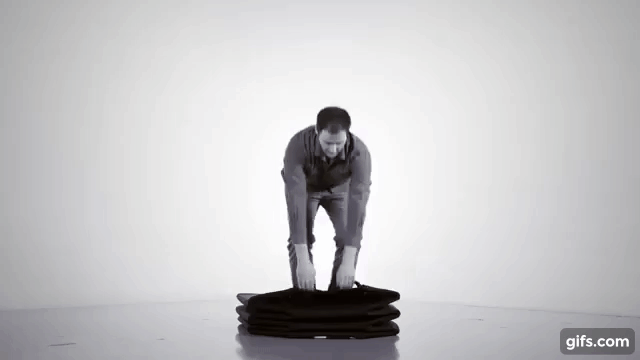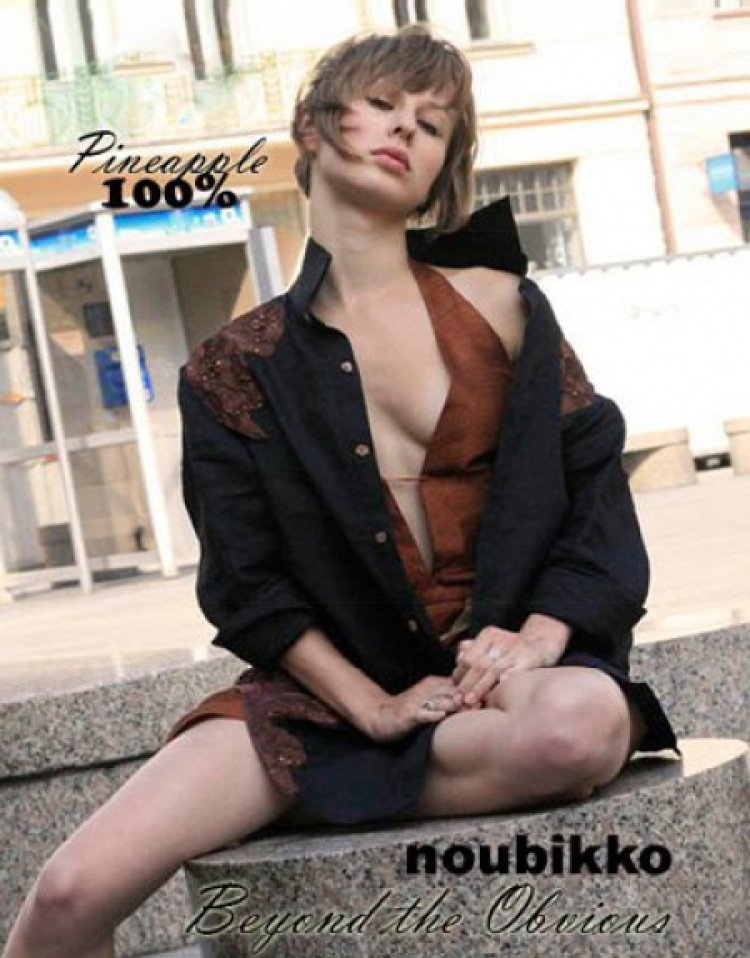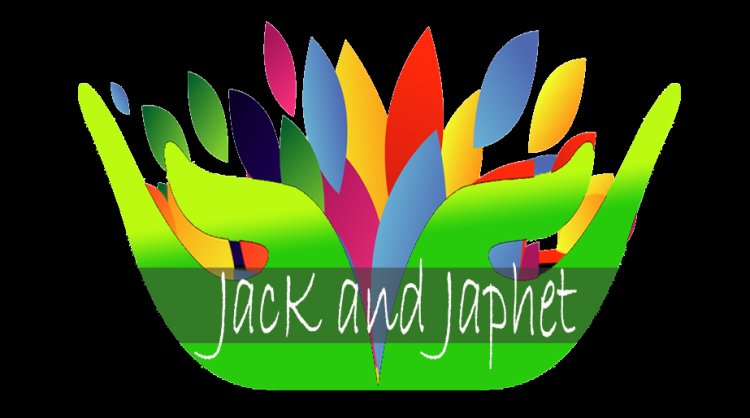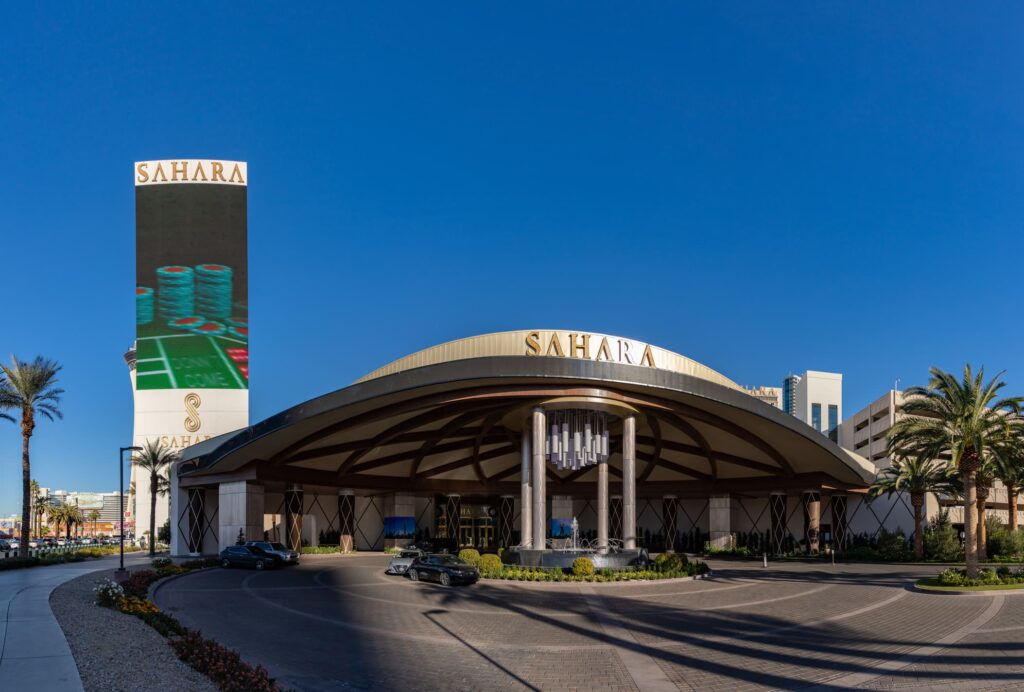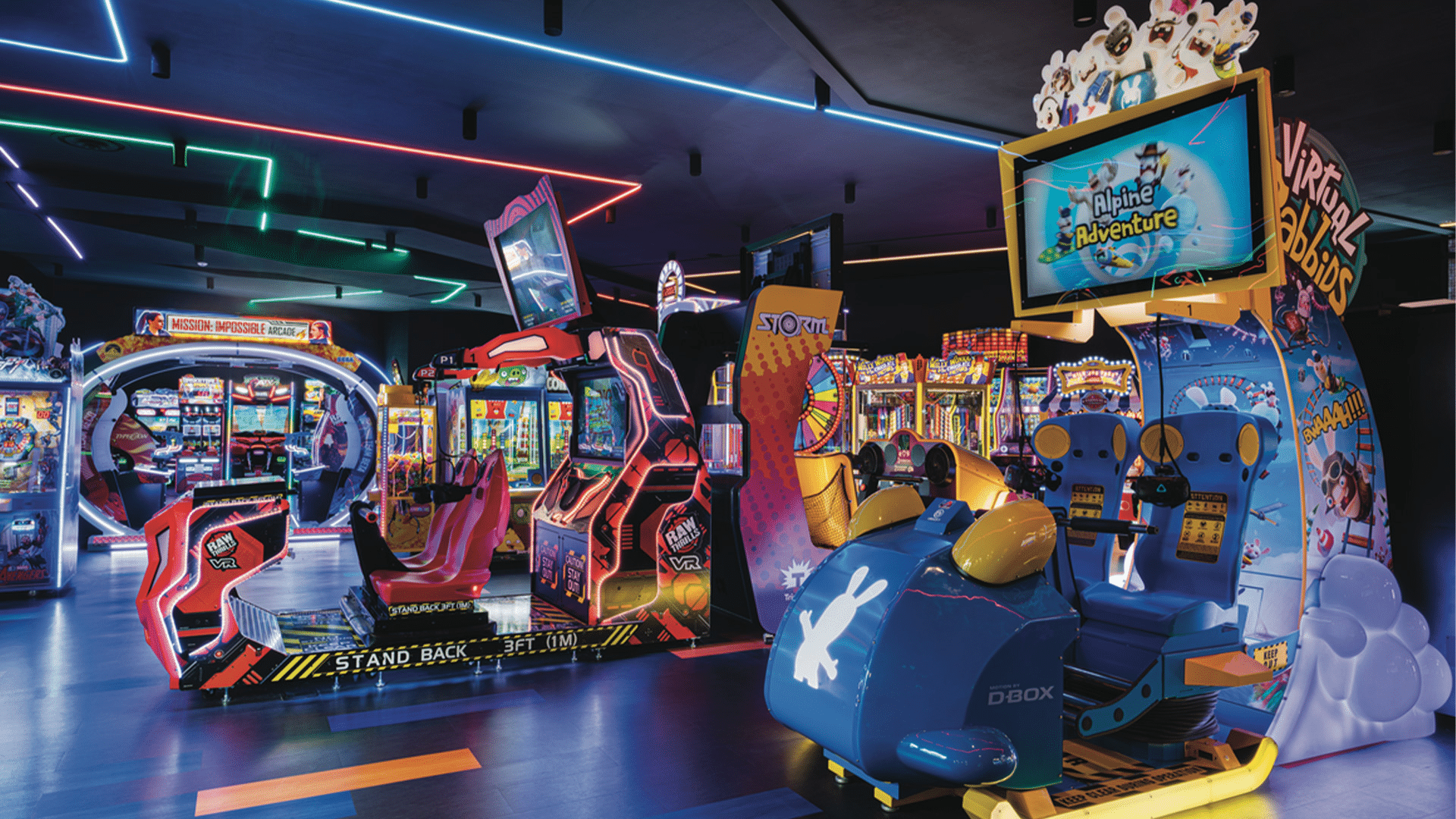How the 2024 Presidential Election Could Shape Puerto Rico's Future
With both the 2024 Presidential election and the Puerto Rican Gubernatorial election rapidly approaching, citizens of the Caribbean island once again found themselves in a delicate position and in the headlines. Donald Trump's latest rally was filled with the kind of hate we've come to expect. However, Latinos and Puerto Rico were specifically singled out this time, with comedian Tony Hinchcliffe comparing the island to a "floating pile of trash" after commenting that Latines "don't pull out." Not only did these comments alienate Puerto Ricans, but they also seem to have bolstered support for Vice President Kamala Harris among the community, as only hours later, she received late-game endorsements from Ricky Martin, Jennifer Lopez, and current global phenomenon Benito Antonio Martínez Ocasio - AKA Bad Bunny. And while the self-proclaimed "biggest star in the world" is no stranger to political action, prior to his endorsement, his efforts had been more focused on the heated race for the governor's seat on the island. At the beginning of the month in Puerto Rico, drivers passing over the freeways of San Juan were greeted by a surprising political message that pulled no punches: "Quien vota PNP, no ama a Puerto Rico," which in English translates to, "Anyone who votes for the PNP doesn't love Puerto Rico." The billboard was accompanied by two others around the municipality with equally condemnatory messages for the PNP, the conservative Puerto Rican political party up for reelection for the governorship this November. At first, the messages seemed like just another round of political gamesmanship by underdog challengers looking to turn the tide of the election against the incumbent. It was later revealed that the ads were Bad Bunny's handiwork. Fresh off the release of his politically charged single "Una Velita," the Puerto Rican reggaetonero was setting his sights on Puerto Rico's ruling party. And now, he's entered into American politics hoping to sway the other half of the equation that determines Puerto Rico's future. But to understand what's at stake and why Bad Bunny's attack on the PNP and endorsement of Harris are so important, you have to understand what has been going on in Puerto Rico over the past seven years. In 2017, the island was decimated by Hurricane Maria. Almost 3,000 Puerto Ricans lost their lives, 97 percent of the island's power grid was destroyed, and the inept response by both the local and US governments saw emergency relief funds misallocated or outright blocked by the Trump administration. Frustration from these events led to the ousting of disgraced governor and PNP poster child Ricardo Roselló in 2019. But the victory for his opponents was short-lived. Somehow, the majority of Puerto Ricans weren't tired enough of getting screwed over by their own government and elected Pedro Pierluisi, also of the PNP, as governor in 2020. All the while, the island's electrical grid has continued to falter. Blackouts continue to be the norm, sometimes leaving hundreds of thousands without power for days, and islanders have seen their energy costs soar. If you've been on TikTok lately, you've seen that island schools are in disrepair. So, going into the 2024 elections, there is an undercurrent of frustration that has been boiling over for seven long years. And Bad Bunny is far from the only artist on the island using his platform to call for change. Artists like Residente and Rauw Alejandro have also been vocal about wanting to see the end of a two-party dichotomy of the PNP and PPD. Both artists support the newly formed party La Alianza, a leftist alliance between the two anti-colonial parties, the PIP and MVC. Others, like future superstar RaiNao, have taken to social media to animate the youth and give messages of hope while also shedding light on the fear-mongering and dirty politicking going on. But even as they do, a greater question looms on the horizon because no matter who wins this election, Puerto Rico's future as a state, a colony, or an independent nation hinges on the island's relationship with the United States and whoever leads it. And that is an election that Puerto Ricans on the island can only watch and wait for the outcome. This is why Anuel and Nicky Jam coming out in support of Donald Trump - even going as far as to show up at his rallies - has been such a big deal. Puerto Ricans on the island can't vote. But the diaspora on the mainland can. The policies that the president of the United States sets can have more of an impact on the quality of life on the island than the ones set by the local government. For example, in 2023, when a group of Puerto Rican journalists demanded that the Financial Oversight and Management Board - a US entity that oversees and approves matters related to the colony's budget - make information relating to financial reports, communications, and other important economic data available to the people, the US Supreme Court ruled that the board co
:quality(85):upscale()/2024/10/29/690/n/1922398/e9bec6b46721006258d949.01358236_.jpg)

With both the 2024 Presidential election and the Puerto Rican Gubernatorial election rapidly approaching, citizens of the Caribbean island once again found themselves in a delicate position and in the headlines. Donald Trump's latest rally was filled with the kind of hate we've come to expect. However, Latinos and Puerto Rico were specifically singled out this time, with comedian Tony Hinchcliffe comparing the island to a "floating pile of trash" after commenting that Latines "don't pull out." Not only did these comments alienate Puerto Ricans, but they also seem to have bolstered support for Vice President Kamala Harris among the community, as only hours later, she received late-game endorsements from Ricky Martin, Jennifer Lopez, and current global phenomenon Benito Antonio Martínez Ocasio - AKA Bad Bunny. And while the self-proclaimed "biggest star in the world" is no stranger to political action, prior to his endorsement, his efforts had been more focused on the heated race for the governor's seat on the island.
At the beginning of the month in Puerto Rico, drivers passing over the freeways of San Juan were greeted by a surprising political message that pulled no punches: "Quien vota PNP, no ama a Puerto Rico," which in English translates to, "Anyone who votes for the PNP doesn't love Puerto Rico." The billboard was accompanied by two others around the municipality with equally condemnatory messages for the PNP, the conservative Puerto Rican political party up for reelection for the governorship this November.
At first, the messages seemed like just another round of political gamesmanship by underdog challengers looking to turn the tide of the election against the incumbent. It was later revealed that the ads were Bad Bunny's handiwork. Fresh off the release of his politically charged single "Una Velita," the Puerto Rican reggaetonero was setting his sights on Puerto Rico's ruling party. And now, he's entered into American politics hoping to sway the other half of the equation that determines Puerto Rico's future.
But to understand what's at stake and why Bad Bunny's attack on the PNP and endorsement of Harris are so important, you have to understand what has been going on in Puerto Rico over the past seven years. In 2017, the island was decimated by Hurricane Maria. Almost 3,000 Puerto Ricans lost their lives, 97 percent of the island's power grid was destroyed, and the inept response by both the local and US governments saw emergency relief funds misallocated or outright blocked by the Trump administration.
Frustration from these events led to the ousting of disgraced governor and PNP poster child Ricardo Roselló in 2019. But the victory for his opponents was short-lived. Somehow, the majority of Puerto Ricans weren't tired enough of getting screwed over by their own government and elected Pedro Pierluisi, also of the PNP, as governor in 2020. All the while, the island's electrical grid has continued to falter. Blackouts continue to be the norm, sometimes leaving hundreds of thousands without power for days, and islanders have seen their energy costs soar. If you've been on TikTok lately, you've seen that island schools are in disrepair.
So, going into the 2024 elections, there is an undercurrent of frustration that has been boiling over for seven long years. And Bad Bunny is far from the only artist on the island using his platform to call for change. Artists like Residente and Rauw Alejandro have also been vocal about wanting to see the end of a two-party dichotomy of the PNP and PPD. Both artists support the newly formed party La Alianza, a leftist alliance between the two anti-colonial parties, the PIP and MVC. Others, like future superstar RaiNao, have taken to social media to animate the youth and give messages of hope while also shedding light on the fear-mongering and dirty politicking going on.
But even as they do, a greater question looms on the horizon because no matter who wins this election, Puerto Rico's future as a state, a colony, or an independent nation hinges on the island's relationship with the United States and whoever leads it. And that is an election that Puerto Ricans on the island can only watch and wait for the outcome. This is why Anuel and Nicky Jam coming out in support of Donald Trump - even going as far as to show up at his rallies - has been such a big deal.
Puerto Ricans on the island can't vote. But the diaspora on the mainland can. The policies that the president of the United States sets can have more of an impact on the quality of life on the island than the ones set by the local government. For example, in 2023, when a group of Puerto Rican journalists demanded that the Financial Oversight and Management Board - a US entity that oversees and approves matters related to the colony's budget - make information relating to financial reports, communications, and other important economic data available to the people, the US Supreme Court ruled that the board could have "sovereign immunity." It, therefore, did not have to comply with the request. While the board has reduced the overall debt by a large amount, it has done so at a high cost to the people, with austerity measures that have impacted public services, as well as federally funded healthcare programs across the island.
So yes, no matter what happens during the island's elections, nothing will change overnight. The US still holds a lot of the cards. But the PNP and PDP's grip on power has done nothing but dig the island deeper into debt, deeper into disrepair, and deeper into the pockets of foreigners who come giving nothing and taking everything. It has not provided any opportunity for a clean political slate. And if we can clean house, remove corrupt politicians, and put the country on a path forward, then we'll be able to negotiate our ultimate political fate from a position of power.
Puerto Rico is the oldest colony in the world. Since 1493, we have been passed from one colonial overlord to another, our resources are taken to enrich everyone but our own citizens, watching as our sister colonies all achieved the reality of independence that has forever eluded us. These latest elections won't change the course of Puerto Rico's fate overnight, But in the long run, they will decide whether things get better or worse. With a Harris presidency, we get a Democratic President who is more likely to listen to a Puerto Rican base that largely tracks Democrats. A Trump Presidency almost ensures that the way Puerto Rico has been treated by its colonizer continues. Meanwhile, on the island, a PNP win basically ensures that Puerto Rican life continues on the downward spiral it has for decades. But should La Alianza win, it might not solve all of our problems. It might resolve the issue of our status. But it gives us a chance for progress, the chance to walk into a future written by Puerto Rican hands.
Miguel Machado is a journalist with expertise in the intersection of Latine identity and culture. He does everything from exclusive interviews with Latin music artists to opinion pieces on issues that are relevant to the community, personal essays tied to his Latinidad, and thought pieces and features relating to Puerto Rico and Puerto Rican culture.










